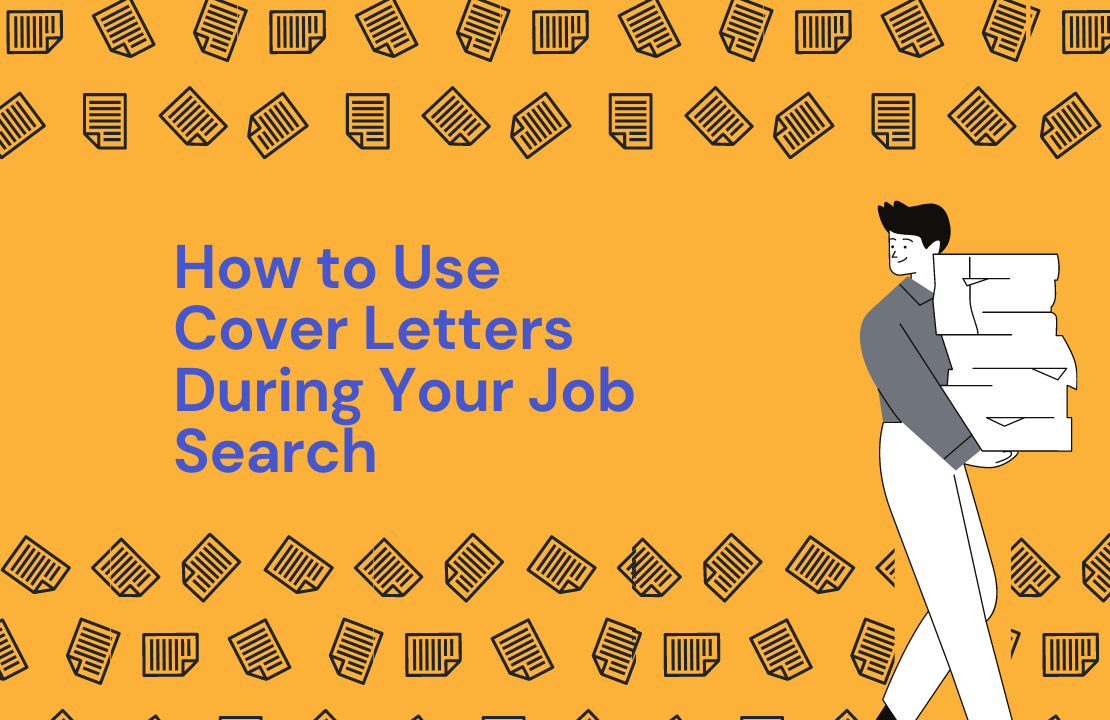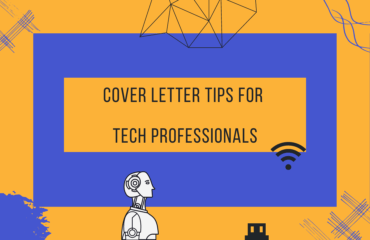The cover letter confusion
Professionals are often confused when it comes to cover letters and with all the conflicting views on the subject, it is hard to blame them. I’ve read tons of different opinions from career consultants, recruiters, and candidates and some believe a cover letter is necessary while others find it redundant. In this article, I will provide some information on how we use cover letters in CareerHigher to help our clients position themselves as top candidates so that you can do the same for your own job search.
Why use a cover letter?
To start with, don’t expect an employer to ask for a cover letter to submit one. Some argue that a candidate should follow the specific instructions of the employer and not submit a cover letter unless it is specified. I completely disagree and here is why.
Firstly, in some cases, for example, when you apply for a job via email, the body of your email IS your cover letter. The reason an employer will not ask for a cover letter, in this case, is because you obviously need to use one. Further, even if you apply using an Applicant Tracking System and a cover letter is not a required data field, it is always best practice to include one. There are many reasons supporting this argument that I will analyze in more detail below, however, the main one is demonstrating proactivity and going above and beyond as an applicant.
How to use a cover letter
While putting the effort to go the extra mile is always appreciated by recruiters and hiring managers, make sure you use your cover letter to maximize its impact on your application in the right way. You can achieve this by making your cover letter additive to your résumé. Here is how you can do this.
A résumé should follow specific guidelines regarding its layout, structure, and content to demonstrate that you are a qualified candidate through facts about your professional background and key skills. It is a technical personal marketing document that targets the audience’s logic. This means that a résumé does not (and should not) include content to target the audience’s emotions. However, the cover letter is different.
While a cover letter should also be created following a specific methodology, it allows a bit more creative freedom. This makes cover letters an excellent opportunity to use professional storytelling to demonstrate your passion and enthusiasm for your target opportunity. Showcasing your motivation for the role, letting the audience know they are your employer of choice, and talking about your drive for the job industry will give you a massive competitive advantage.
Recruiters and hiring managers don’t look only for knowledge, skills, and abilities. They also look for candidates who want to do the job, as someone who has the required ability but not the right mindset is set for failure. Use the cover letter to show them you can be the candidate who combines skill with attitude and maximize your potential as a candidate.











